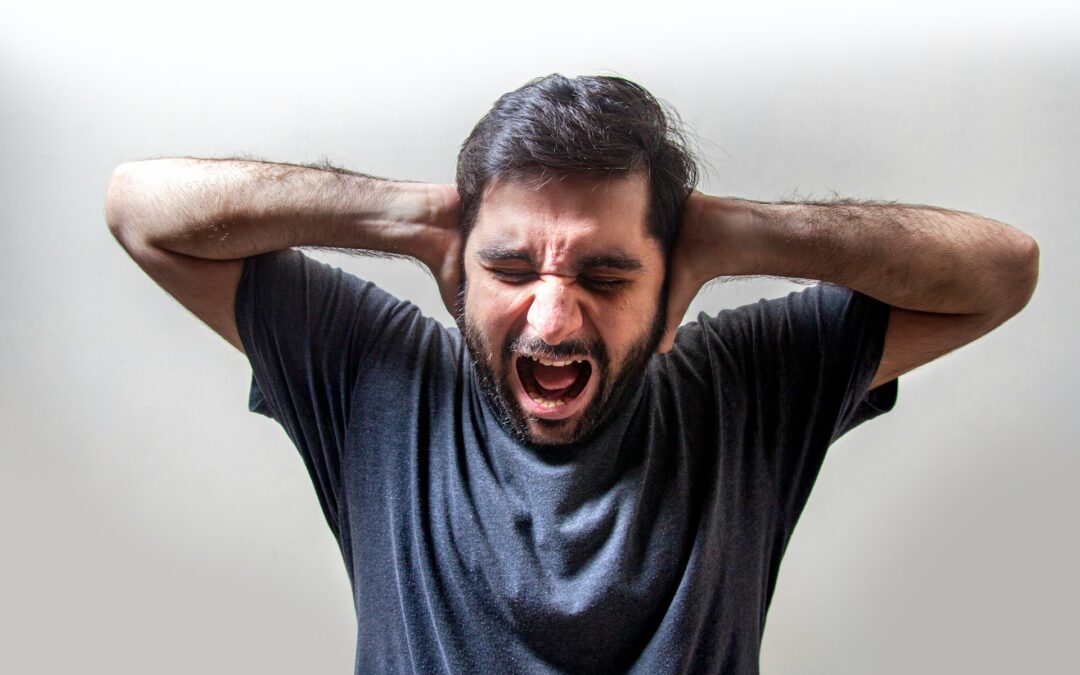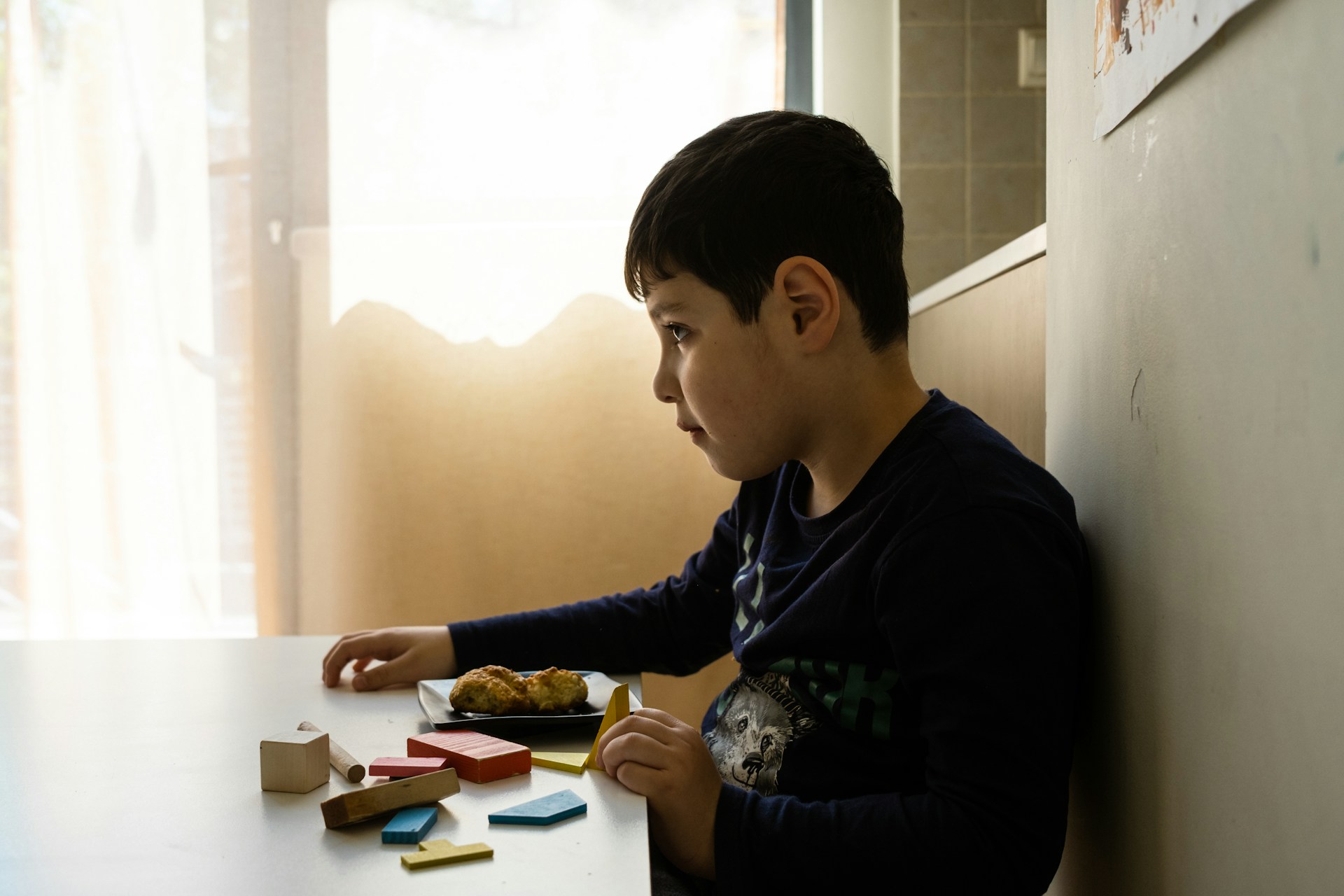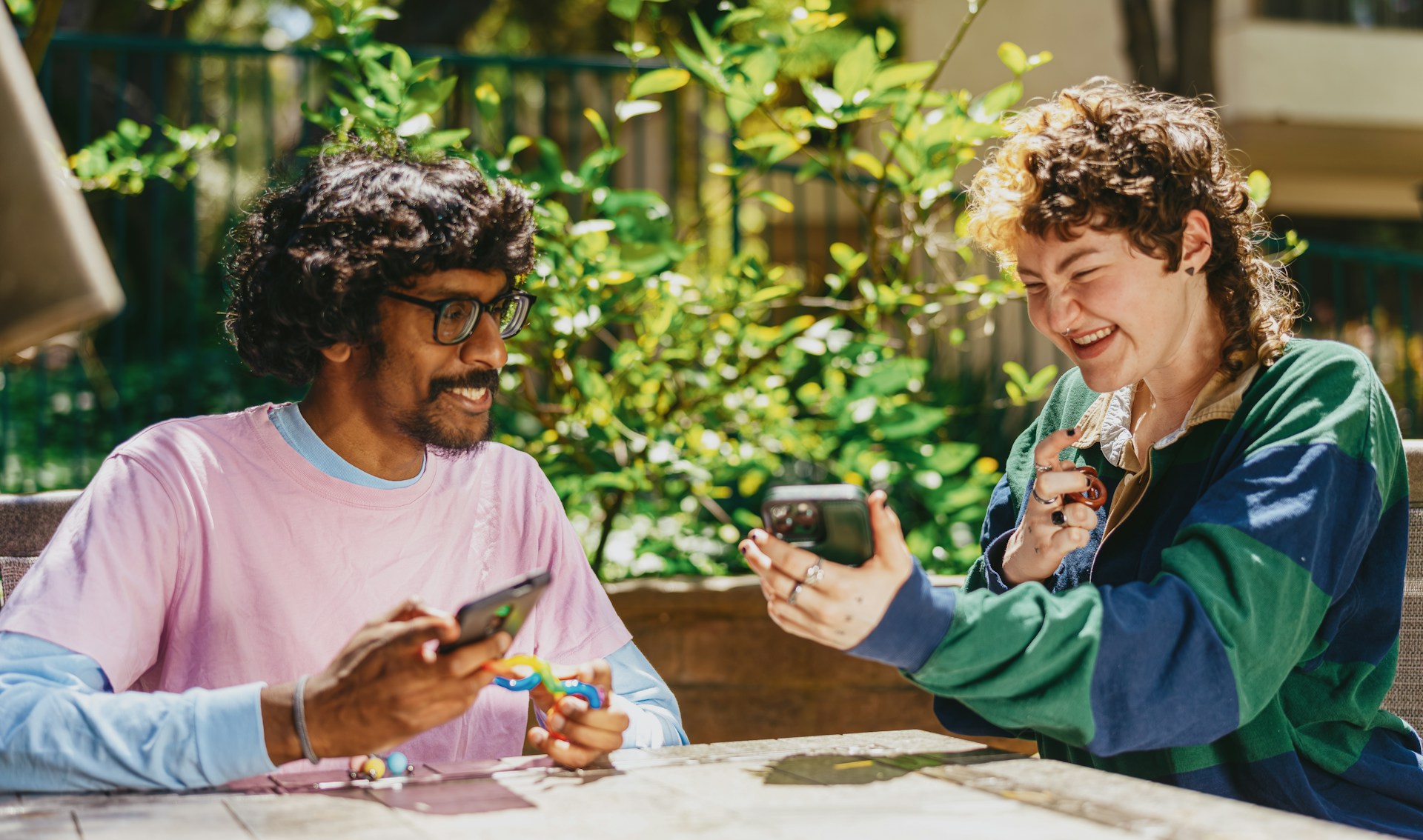Dating can feel overwhelming when you’re dealing with ADHD. The jitters, the back-and-forth texts, the pressure to make a good first impression—it all adds up fast. You may find yourself canceling plans last minute, forgetting what you wanted to say, or reading too much into silence between messages. These things don’t make you bad at dating, they just point to how much effort it takes when your brain works a little differently. The good news? You’re not alone in this, and it doesn’t have to stay this hard.
Building connections isn’t about being perfect. It’s about being present and giving yourself a fair shot. ADHD may toss a few extra challenges your way, but it doesn’t mean that dating can’t be enjoyable or even meaningful. What helps is learning how your ADHD shows up in relationships, then finding ways to work with, not against, how your brain functions. When you’re prepared, more relaxed, and confident in your approach, dating becomes way less stressful and way more real.
Understanding Dating Anxiety In ADHD
Dating creates uncertainty, which tends to kick up anxiety for most people. But when you live with ADHD, that anxiety can hit a different level. The same traits that affect your daily tasks like forgetfulness, restlessness, or emotional intensity can spill over into your dating life and make simple things feel a lot bigger.
You might forget someone’s name two minutes after they tell you. Maybe you overshare because you think there’s an awkward silence. Or you might freeze up altogether, worried your words won’t come out right. These moments are more about how your nervous system is wired than who you are as a person. That doesn’t make things wrong. It just gives you a starting point to figure out what kind of support or structure helps you feel more grounded.
Here are a few ways ADHD can fuel dating anxiety:
– Overthinking your text messages or replaying conversations in your head
– Struggling to focus while your date is talking, then feeling guilty later
– Jumping to worst-case scenarios after a small miscommunication
– Feeling excitement that borders on overwhelm
– Worrying that someone will think you’re too much or not enough
All of this can cloud your ability to enjoy the moment. You may even start avoiding dating altogether just to prevent the crash afterward. But the more you understand the source of those feelings, the better you can set yourself up for more relaxed (and honestly, more fun) connections.
Preparing For Dates With ADHD
Sometimes the hardest part isn’t the date itself—it’s everything leading up to it. Planning what to wear, showing up on time, going through that mental checklist a thousand times—it’s a lot. But preparation doesn’t have to mean pressure. A few simple adjustments can help take the edge off and allow you to show up as your real self, not just someone trying to seem put together.
Before a date, take a few moments to slow your thoughts. Giving yourself space to relax makes a big difference when your brain wants to run in five directions at once. You don’t need anything fancy. A quick breathing break or walk before heading out can help reset your mindset. Try not to crowd your whole day with tasks beforehand. Leave room to reset, especially if transitions tend to throw you off.
Some helpful tips to prepare comfortably:
1. Choose a familiar place, like a spot you’ve been to before, so you’re not juggling new surroundings and social energy at the same time
2. Write out a list of topics or a few things you’d enjoy talking about—it helps take the pressure off trying to come up with something on the spot
3. Give yourself a buffer of time before and after the date, so unexpected things like traffic or taking longer to get ready don’t send you spiraling
4. Keep your expectations realistic—the goal is to meet someone, not perform
Don’t underestimate how much easier the experience can feel when you build in support like this. Set the tone with a plan that fits you, not some picture-perfect idea of what a date should feel like. No matter how it goes, just showing up is already a win.
Effective Communication Strategies
Being open and honest during a date can reduce a lot of the pressure. That doesn’t mean you need to share everything about your ADHD right away, but feeling safe enough to talk about it can help build trust. You get to decide when and how to share. Many people appreciate honesty and might even relate to your experiences more than you expect.
If you bring it up, keep it casual and light. Saying something simple like, “Sometimes I lose track of what I’m saying, so feel free to nudge me back if I drift off,” shows self-awareness and confidence. You’re not handing over a problem—you’re setting expectations and giving your date a chance to understand you better.
Here are a few more ways to communicate well on dates:
– Use active listening techniques like nodding, making eye contact, and asking follow-up questions
– If your mind wanders, gently bring your focus back without panicking
– Don’t be afraid of some quiet—it’s okay if there’s a short pause in conversation
– Own awkward moments with humor instead of letting anxiety grow
Communication doesn’t have to be perfect. Getting a little off track, needing clarification, or being overly enthusiastic happens to everyone. It becomes part of the charm when you stay real about it. Most people would rather connect with someone genuine than someone trying too hard to be smooth.
Coping Mechanisms For Difficult Moments
No matter how much you prepare, some parts of dating will still trip you up. Maybe a moment gets too loud or overstimulating. Maybe you forget your train of thought halfway through a story. These things don’t mean the date is ruined—they just mean your brain had a moment. And that’s okay.
One common challenge for people with ADHD is hyperfocus. You might zone in on the topic at hand and lose awareness of your surroundings or your date’s body language. On the flip side, distractions like background music or someone walking by can pull your attention without warning. When either of these things happen, respond gently. Don’t call yourself out in a negative way. Just re-center and re-engage.
Miscommunications can happen too, especially if cues feel unclear. The best thing to do is pause, ask clarifying questions, and keep things low pressure. Sometimes saying, “Wait, I think I misunderstood—can you say that again?” is all it takes to smooth things over.
Handling those dips in the moment becomes easier with a few tools in your pocket:
1. Carry something grounding, like a fidget ring or small item you can quietly hold if anxiety spikes
2. Give yourself permission to take a bathroom break if you need to refocus your energy
3. Plan a small solo reward for after the date, like watching your favorite show or having a familiar snack
4. Remind yourself that struggling in one moment doesn’t cancel out everything else you did well
Even if a date doesn’t go perfectly, that doesn’t make it a failure. It means you showed up and gave it a try. That builds resilience—the kind that makes future dates less scary.
Moving Forward With Confidence
Making progress in dating doesn’t have to mean big leaps. What matters more are those small wins that you can build on over time. Maybe you stayed for the whole meal when you usually bolt after coffee. Maybe you laughed, even when things got awkward. These are steps worth noticing.
Dating with ADHD often brings highs and lows, but confidence grows each time you show up. Try not to focus too much on making a perfect impression. Instead, focus on whether the interaction felt balanced—were you able to enjoy yourself? Did you feel heard? Did you let your real self show?
It’s also helpful to think of dating less like a test and more like an experiment. You’re gathering information about what works for you, what doesn’t, and what kind of person feels right for your life. Each experience adds pieces to that picture. Some won’t fit. Others will surprise you.
What matters most is staying open and giving yourself room to enjoy the process, with all its ups and downs.
Building A Support System
You don’t have to figure dating out all by yourself. Having a solid support system gives you a place to land when things feel confusing or painful. Talking things through with someone you trust, whether they’re a friend, family member, or therapist, helps you sort through your emotions and hear different perspectives.
People close to you can help you spot patterns or behaviors that tend to come up on dates. Maybe they notice that you always get stuck in your head if a text goes unanswered. Or maybe they remind you that one awkward silence doesn’t mean someone isn’t interested. That kind of feedback can help you approach dating with a little less pressure.
Here’s how a support system makes a difference:
– Encourages you to keep showing up, even when dating feels discouraging
– Helps you reflect on what went well and what felt hard, without judgment
– Reminds you of your strengths and growth you might not see yourself
– Helps you stay grounded if anxiety starts to spiral
There’s also something powerful about saying your thoughts out loud. What might feel overwhelming in your head can seem more manageable once it’s out in the open. This gives you clarity and reminds you that you’re never stuck.
Keep Moving Forward
Dating with ADHD is about learning how to work with your brain, not against it. It won’t always feel easy. Some days you’ll be on top of the world. Others you might just want to give up. That’s all part of it. What matters is how you show up for yourself, especially when things don’t go the way you hoped.
You’re allowed to be a work-in-progress. Connection builds over time through real interactions—not some perfect version of you. Give yourself grace for the moments you stumble and celebrate the times you showed up anyway.
Each step forward, no matter how small, brings you closer to relationships that are kind, honest, and meaningful. Keep taking those steps, one at a time. You deserve to be seen and accepted just as you are.
If you’re ready to take positive steps and make dating a rewarding experience despite ADHD, consider exploring relationship anxiety therapy with Dr. Shahin Carrigan Ph.D., MFT to find personalized support. This approach can guide you in navigating the unique challenges of forming connections and building lasting, meaningful relationships.




